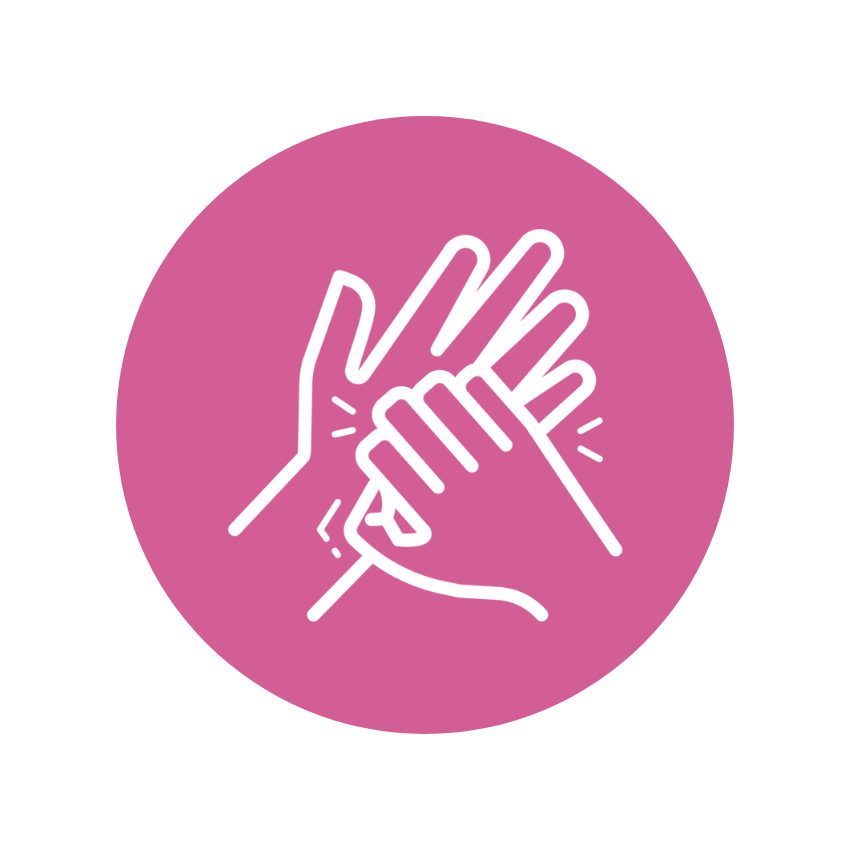Eczema Demystified: Understanding, Treating, and Managing Flare-Ups
What is Eczema?
Understanding the signs and symptoms of eczema is essential for effective management and relief from this chronic condition.
Eczema, also termed atopic dermatitis, often brings discomfort and inconvenience. However, armed with knowledge and effective strategies, you can navigate flare-ups and nurture healthier skin. We demystify eczema, uncovering its origins, manifestations, and practical approaches to managing this enduring condition.
Understanding Eczema
Eczema stands as a chronic inflammatory skin ailment marked by dry, itchy, and inflamed patches. Its severity ranges from sporadic mild episodes to persistent and extensive symptoms. Though its precise cause remains elusive, eczema is thought to stem from a blend of genetic, environmental, and immune system influences.
Eczema Signs and Symptoms
Dry, Itchy Epidermis: Eczema frequently manifests as parched, coarse, and flaky skin patches, often accompanied by intense itching
Redness and Irritation: Affected areas may display heightened redness, inflammation, and discomfort, particularly during flare-ups.
Rash Formation and Blistering: Eczema can prompt the emergence of rashes, blisters, or raised nodules, notably in skin creases like elbows, knees, neck, and wrists.
Cracking and Exudation: In severe instances, eczema may induce fissured, exuding, or weeping skin, prone to pain and susceptibility to infection.
Sensitivity: Eczema sufferers commonly harbor sensitive skin, prone to reactive responses to harsh detergents, fragrances, or environmental allergens.
Managing Eczema Flare-Ups
While a definitive cure for eczema remains elusive, numerous tactics exist to mitigate flare-ups and alleviate symptoms:
Consistent Moisturization: Maintain skin hydration through regular application of fragrance-free moisturizers, especially post-bathing.
Trigger Avoidance: Identify and sidestep eczema triggers like abrasive fabrics, harsh cleansing agents, and environmental allergens.
Gentle Skincare Practices: Adopt a gentle skincare regimen devoid of fragrances, favoring mild cleansers to preserve skin oils.
Topical Remedies: Employ over-the-counter or prescription corticosteroid creams to alleviate inflammation and itching.
Wet Wrap Therapy: Engage in wet wrap therapy, enveloping moisturized skin in damp bandages or clothing to lock in moisture and diminish inflammation.
Stress Management: Combat stress, a known eczema aggravator, through relaxation techniques such as meditation or yoga.
Medical Consultation: Seek guidance from an allergy professional like Dr. Cascya Charlot and her team at Allergy and Asthma Care of Brooklyn for severe or unresponsive eczema cases, to identify triggers and explore treatment options.
Conclusion
Eczema presents challenges, yet armed with knowledge and effective management practices, you can navigate flare-ups and nurture healthier skin. By grasping triggers, adhering to a gentle skincare regimen, and seeking medical assistance when necessary, you can take charge of your eczema and mitigate its daily impact. Stay tuned for additional allergy-related insights in our forthcoming posts, and always remember – with perseverance and proactive care, eczema can be managed, paving the way for clearer, more resilient skin.

